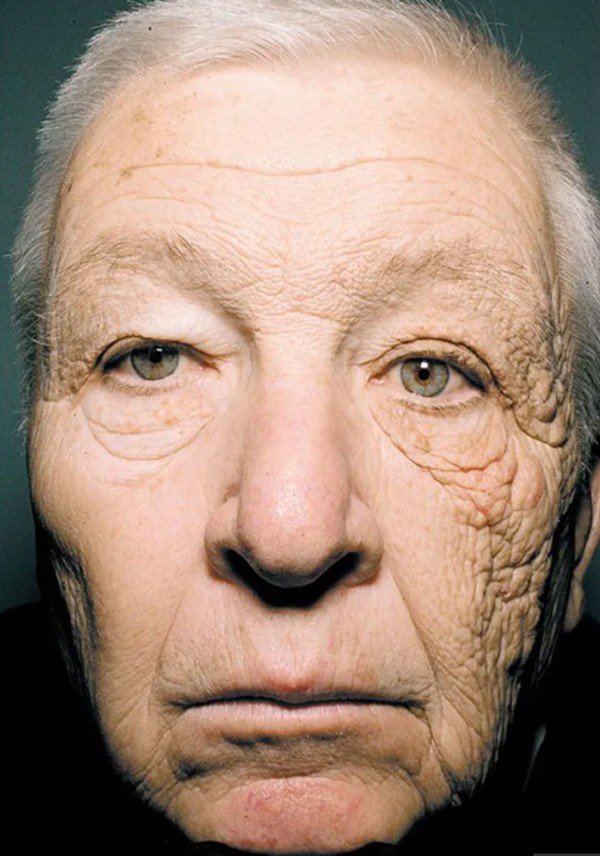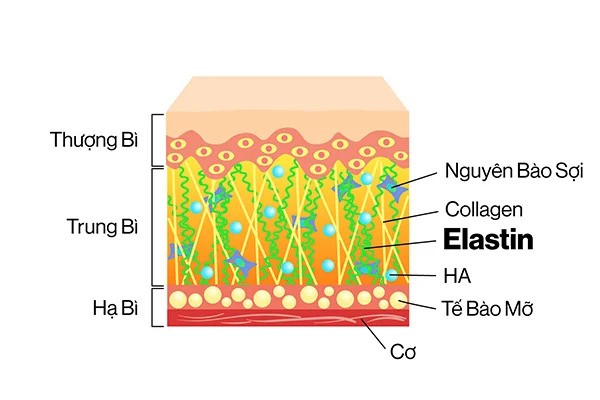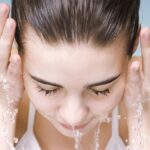Aging skin is an inevitable part of life, and according to Taiwanese dermatologist Dr. Liu Xiuli, this is characterized by sagging skin, deeper wrinkles, and a dry, rough complexion. The main culprit behind these changes is the decrease in collagen production as we age. To combat this, it’s essential to slow down the depletion of collagen.
After the age of 20, our natural collagen levels begin to decline, with a possible loss of around 100g per year. However, this rate can be accelerated by certain unhealthy habits, as outlined below.
1. Neglecting Sunscreen
Sunscreen is our first line of defense against the damaging effects of UVB and UVA rays. UVB rays can cause sunburns and affect the epidermis, leading to moisture loss, dryness, and the formation of wrinkles. Meanwhile, UVA rays penetrate deeper into the skin, breaking down collagen and elastin – two crucial proteins responsible for the skin’s elasticity and firmness. As a result, the absence of sunscreen use expedites the loss of collagen.
To protect your skin from premature aging, it’s important to apply sunscreen regularly, even on cloudy days.

The impact of sun exposure is evident in the photo, where the man’s face shows a clear difference between the right side, which is regularly exposed to sunlight, and the left side, which is not.
2. Late Nights, Alcohol, and Smoking
Indulging in late nights, excessive alcohol consumption, or smoking can accelerate skin aging. Staying up late disrupts the skin’s balance, leading to moisture loss, altered pH levels, and a dull, aged complexion. Alcohol consumption dehydrates the skin, making it dry and more sensitive to sunlight, thus accelerating aging. Smoking constricts blood vessels, reducing oxygen supply to the skin, increasing free radical production, and depleting the skin’s vitamin A levels, all of which contribute to premature aging.
3. Diet High in Glycation
A diet rich in sugary foods, fried dishes, and grilled items can accelerate aging. The high levels of free sugars in these foods react with collagen in the dermis to form advanced glycation end products (AGEs). AGEs are the primary drivers of chronic inflammation and premature aging in the body, not only affecting skin aging but also increasing the risk of various chronic diseases.

4. Stress
Chronic stress can impair the skin’s ability to repair damaged collagen. Therefore, getting adequate sleep, maintaining a healthy diet, and managing stress levels are just as important as your skincare routine when it comes to maintaining youthful skin.
In addition to avoiding these four harmful habits, Dr. Liu Xiuli emphasizes the importance of supplementing with both collagen and elastin. While collagen provides volume and structure to the skin, elastin is responsible for its elasticity and ability to bounce back into shape. Think of collagen as the filling in a mattress and elastin as the springs; without strong springs, the mattress will lack resilience regardless of how much filling it has. This loss of elasticity leads to sagging skin and the formation of wrinkles.

Both elastin and collagen are vital proteins for the skin, and their levels naturally decline over time. Whether it’s dry skin, loss of firmness, or wrinkles such as nasolabial folds and marionette lines, these issues can be attributed to the breakdown of the elastic fibers that support the face. Therefore, to maintain a plump, supple complexion, it’s essential to focus on boosting both collagen and elastin levels.





































